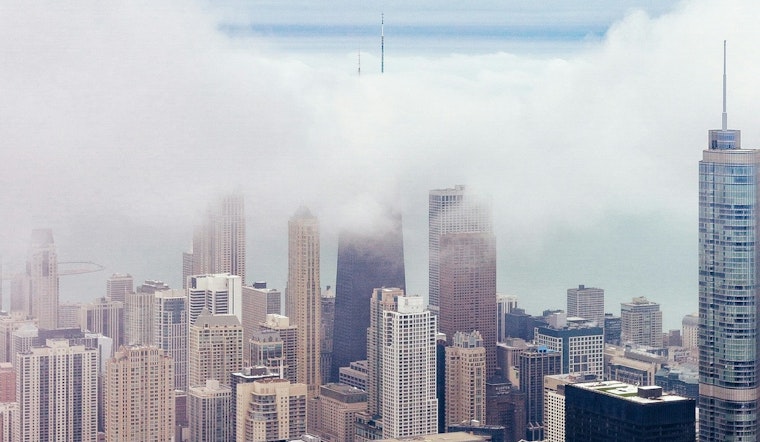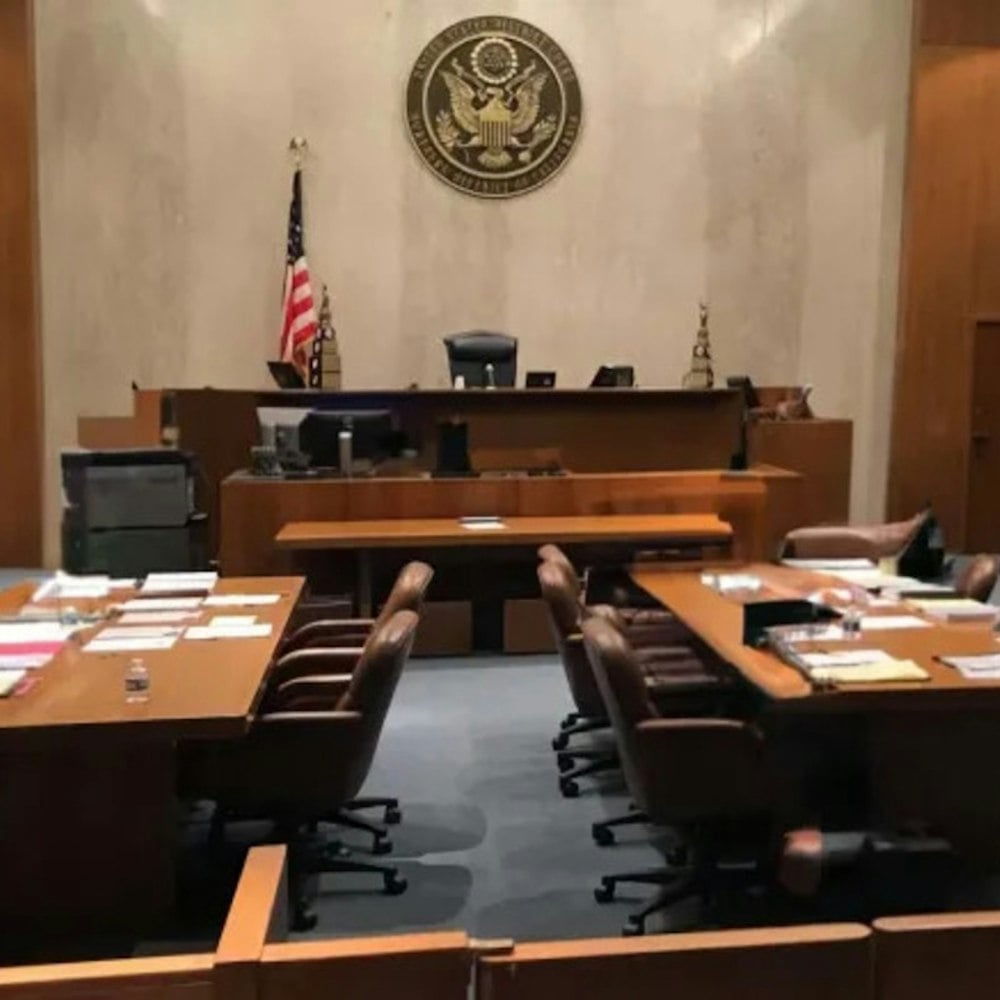
Chicago has earned the dubious distinction of ranking as the second-worst city for air pollution among major U.S. cities in 2023, a global report from Swiss air quality technology company IQAir reveals. The city's air was found to be nearly three times above the World Health Organization’s recommended levels of fine particulate matter known as PM2.5. These particles can penetrate deep into the lungs and into the bloodstream, posing serious health risks.
According to the Chicago Tribune, Chicago experienced an average annual concentration of 13 micrograms per cubic meter of air, with June spiking to an average of 28.4 micrograms. The WHO's guideline, for comparison, stands at 5 micrograms. Wildfires from the Canadian province of Quebec were largely to blame for this increase in pollution, as winds carried smoke into the Midwest, resulting in historically poor air quality for the region.
Last year, a similar situation unfolded when wildfires in the northern neighbor caused a "transboundary haze," impacting the air quality across the Midwest and Northeast United States. According to a press conference cited by a Daily Herald report, IQAir’s Global CEO Frank Hammes said, "Wildfires in Canada devastated air quality not only in Canada itself but caused hazardous levels of air quality in the United States, where multiple cities in the Midwest and North East saw significantly increased levels of polluted air."
While the situation is attributed to natural causes, the surge in pollution also underscores longstanding issues with air quality in Chicago. Neighborhoods burdened by heavy industry, and historically neglected, face compounded risks from these environmental events. Olga Bautista of the Southeast Environmental Task Force highlighted the burden on communities already struggling with pollution. "Southeast Side of Chicago residents are experiencing higher incidences of (chronic obstructive pulmonary disease), higher incidences of heart disease," Bautista told the Chicago Tribune. "And then, we’re also a community that is medically underserved. So you have a lot of sick people and not a lot of places to get help."
In light of these findings, the Biden administration, alongside the U.S. EPA, has announced new emissions standards for passenger vehicles aimed at cutting down on greenhouse gases and pollutants like PM2.5. This move recognizes the clear connection between air pollution and broader issues—such as climate change—brought about by the relentless burning of fossil fuels. The approach to combating air pollution requires both a response to immediate, natural disasters like wildfires and a long-term strategy to reduce reliance on fossil fuels, which contribute to these environmental crises.









